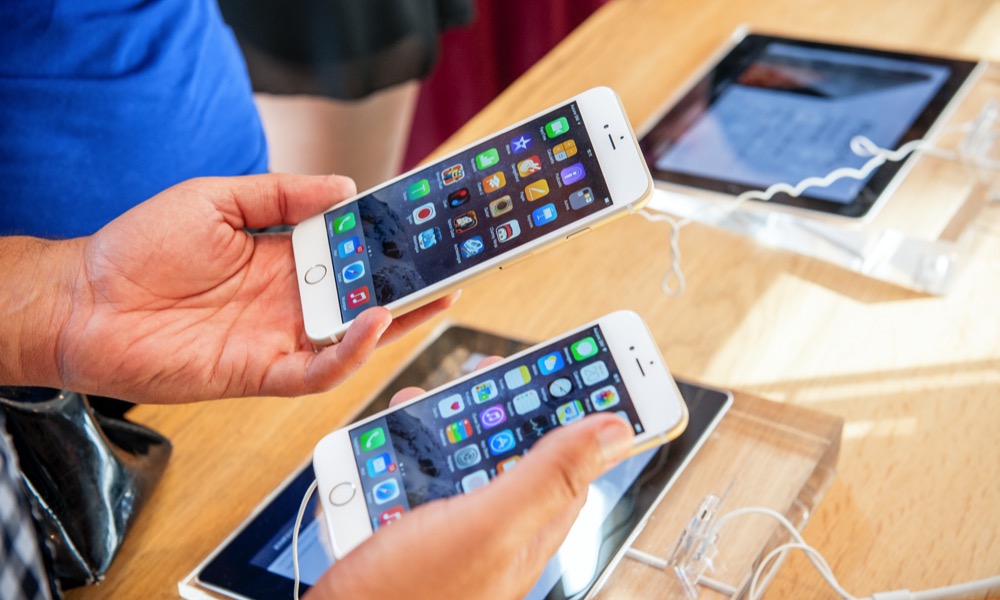Apple to Pay $113 Million to Settle ‘Batterygate’ in 34 U.S. States, D.C.
 Credit: Hadrian / Shutterstock
Credit: Hadrian / Shutterstock
Toggle Dark Mode
Apple can finally put its batterygate scandal to rest, but the company’s controversial decision to throttle phones has proved to be costly. According to the Washington Post, Apple has agreed to pay $113 million to settle consumer fraud lawsuits with 34 U.S. states and the District of Columbia.
Following the settlement announcement, Arizona Attorney General Mark Brnovich reiterated his commitment to hold tech companies accountable.
“Big Tech must stop manipulating consumers and tell them the whole truth about their practices and products. I’m committed to holding these goliath technology companies to account if they conceal the truth from their users.”
Arizona Attorney General Mark Brnovich
The settlement was the result of Apple’s decision to slow down older phones to preserve battery life and improve stability. This power management feature debuted in 2017 as part of iOS 10.2.1. It was designed to prevent the random shutdowns that older iPhone owners were experiencing due to aged batteries.
Apple did not disclose the fact that they were throttling phones. When this intentional slowdown was discovered, Apple was accused of deliberately slowing down phones as a way to force people to upgrade. Apple refuted this claim and launched a $29 battery replacement program that fixed the random shutdown issue.
Apple replaced batteries for a year as part of this replacement program. The Cupertino company also added a new power management feature that allows customers to turn off the throttling.Â
According to NPR, “$113 million will be distributed among the states… In Arizona, the funds will cover attorneys’ fees and will be used to fund future consumer protection investigations.”
This current settlement isn’t the only one Apple has faced in this batterygate scandal. Earlier this year, Apple settled a class-action lawsuit over the throttling issue. The company paid out $500 million to settle that case.






